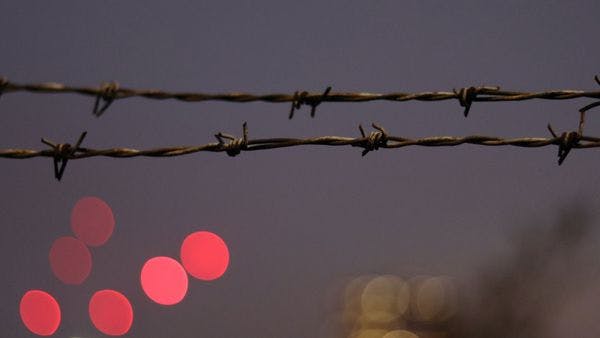Camboya: Prisiones hacinadas sin suministro adecuado de agua ni atención médica dan la voz de alarma
Cerca del 60% de la desorbitada población carcelaria de Camboya, que es 343% mayor que la capacidad de sus prisiones, está en situación de detención relacionada con delitos referidos a drogas. Más información, en inglés, está disponible abajo.
By AsiaNews
While the COVID-19 pandemic rages, prisons are operating at 343 per cent of their capacity, with more than 38,000 people stuck in facilities made for just under 9,000. For Amnesty International, the situation is like a “ticking time bomb". The government announces measures, but they are late and limited.
Phnom Penh (AsiaNews) – A recent report by the United Nations Human Rights Council indicates that since 2015, the number of inmates in Cambodian prisons has more than doubled, resulting in overcrowding and the violation of the rights of prisoners who often have no access to clean water and medical care.
According to government figures, 38,977 people are held in Cambodian prisons with an official capacity of 8,804. According to Amnesty International, this constitutes a “time bomb” that could go off at any moment.
The UN study, which covers the period from 1 June 2020 to 31 May 2021, slams the lack of beds, drinking water and fresh air in prisons, which are especially a priority issues during the COVID-19 pandemic.
Presented in Geneva (Switzerland) during a seminar on the Convention against Torture and Other Cruel, Inhuman or Degrading Treatment or Punishment, the report reveals that Cambodian prisons are operating at 343 per cent of their maximum capacity.
“The situation in prisons is perilous to the point that the conditions may constitute cruel, inhuman or degrading treatment or punishment under the Convention against Torture and Other Cruel, Inhuman or Degrading Treatment or Punishment given the levels of mental and physical pain experienced by prisoners,” the report says.
UN experts have also pointed to a series of suspicious deaths in prison that have not been reported nor investigated.
